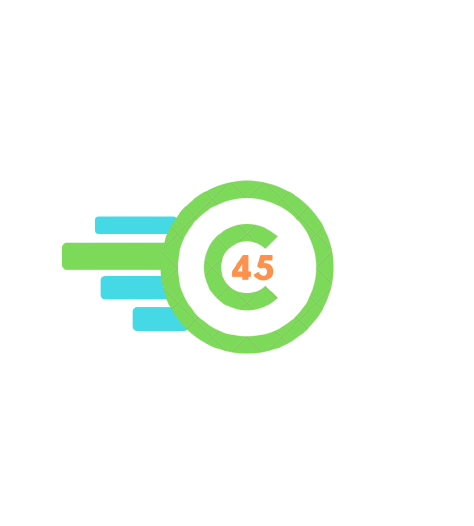A researcher said he had the option to remotely get to many Teslas all over the planet since security bugs found in an open-source logging apparatus well known with Tesla proprietors uncovered their vehicles straightforwardly to the web.
Fresh insight about the weakness was first uncovered recently in a tweet by David Colombo, a security specialist in Germany, who said he had “full controller” of in excess of 25 Teslas, however, was attempting to reveal the issue to impacted Tesla proprietors without unveiling the subtleties and furthermore cautioning malignant programmers.
The bug is presently fixed, Colombo affirmed. TechCrunch held this story until the weakness could never again be taken advantage of. Colombo distributed his discoveries in a blog entry.
The weaknesses were found in TeslaMate, an allowed-to-download logging programming utilized by Tesla proprietors to associate with their vehicles and access their vehicles’ generally covered-up information – their vehicle’s energy utilization, area history, driving measurements, and other granular information for investigating and diagnosing issues.
TeslaMate is a self-facilitated web dashboard frequently running on the home PCs of Tesla specialists and depends on admittance to Tesla’s API to take advantage of their vehicle’s information, which is attached to the vehicle proprietor’s record.
In any case, security blemishes in the web dashboard – like permitting mysterious access and utilizing default passwords that a few clients never different – combined with misconfigurations by a few Tesla proprietors came about in somewhere around 100 TeslaMate dashboards being presented straightforwardly to the web, including the vehicle proprietor’s API key used to remotely control their Teslas.
Colombo said he found that TeslaMate dashboards were unprotected naturally in the wake of staggering on an uncovered dashboard last year. In the wake of checking the web for more open dashboards, he tracked down uncovered Teslas in the U.K., Europe, Canada, China, and across the United States.
In any case, reaching individual Tesla proprietors with uncovered dashboards would be a massive assignment, Colombo clarified, and by and large, it’s unrealistic to precisely recognize a method for reaching impacted Tesla clients.
More awful, it was feasible to extricate the Tesla clients’ API key from the uncovered dashboard, permitting a malignant programmer to hold long-haul admittance to Teslas without the drivers’ information.
(An API permits two things to converse with one another over the web – for this situation, a Tesla vehicle and friends’ servers, the Tesla application, or a TeslaMate dashboard.) Access to Tesla’s API is limited to Tesla proprietors through a private API key related to the proprietor’s record.
With admittance to an uncovered API key, Colombo said he could remotely get to certain elements of the vehicle, for example, opening the entryways and windows, blaring the horn, and beginning keyless driving, which he checked with one Tesla proprietor in Ireland.
He could likewise get to the information inside, like the vehicle’s area information, ongoing driving courses, and where it’s left. Colombo said he doesn’t trust it’s imaginable to utilize the API admittance to move the vehicle somewhat over the web.
Colombo said that while the security issues weren’t in Tesla’s foundation, Tesla could do more to further develop its security, for example, renouncing a client’s API key when their secret word is changed, an industry-standard practice.

















